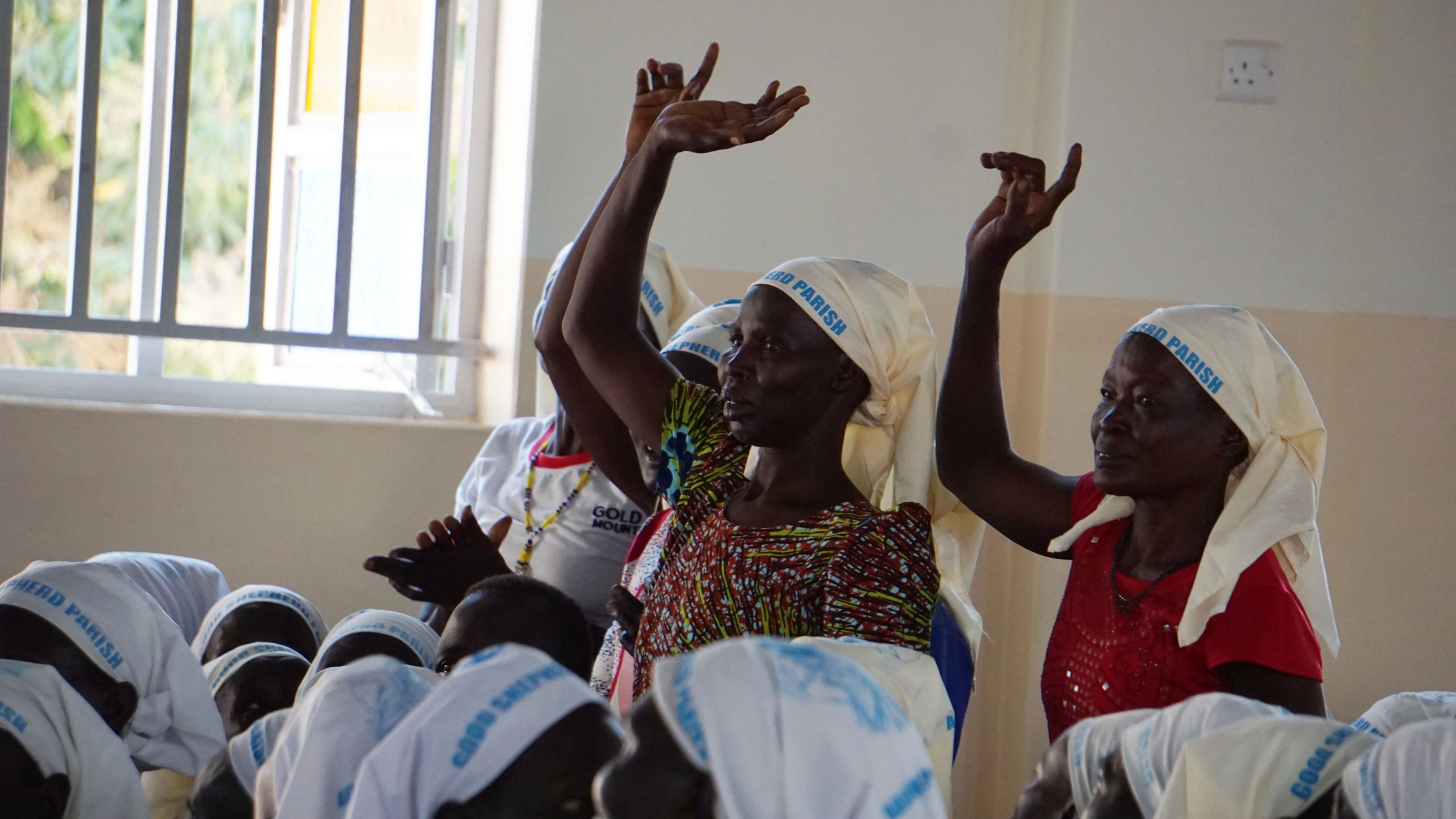On 25 March, in the Cathedral of Rumbek, South Sudan, Italian missionary ChristianCarlassare was ordained bishop of the Catholic Diocese of Rumbek, a position that had been vacant for 10 years. In an interview provided beforehand to international foundation Aid to the Church in Need (ACN), the bishop described the attack he suffered during the night of 25 to 26 April, 2021, in his residence in Rumbek, and spoke of the current situation in the country.
What is the current situation in South Sudan?
South Sudan is the youngest country in the world. It gained its independence from Sudan, but the relationship between the two countries continues to be very strong. All the political and administrative experience still comes from the time when they were one country. The South-Sudanese Constitution is based on that of Sudan. Likewise, economic matters are also closely related to those of its northern neighbour. This means that political stability in the south requires stability in the north, and the same goes for development. Following independence, and some tension between the two Governments, South Sudan suffered from abandonment, isolation, closed borders and the impossibility of using the north-south trade routes. This was punishing for the country.
The recent coup, and political protests in Sudan made this situation worse, didn’t they?
My experience with these African countries has shown me that stability is very fragile, and you need to give things time, and not jump to conclusions about what is going on. Instability doesn’t help, because we can’t know where it will lead. Naturally, uncertainty in Sudan and Ethiopia, where the situation is also very delicate, do not help South Sudan achieve the peace and tranquillity it hopes for, but of course each country has to be responsible for itself. Our country sought the mediation of regional states for its peace process, but now, with all these developments, it will have to invest more in its peace-making efforts.
How does this instability affect the Christian population?
More than half the population of South Sudan is Christian, only 8% are Muslim. Other groups live on the margins, and have not drawn close to the Gospel. However, we live in a country where Christianity is often no more than skin deep, it hasn’t grown roots in the life of the population.
Violence should be far from Christianity, but it is very much present. So many people take to weapons and use them to achieve their interests and goals! There is much work to be done. The population suffers because of the conflicts, instability, endemic poverty and lack of services. The Church suffers from the same wounds as the population, such as poverty and the scars of violence. The attack I suffered was a clear sign of this.
About that, you were attacked on the night of the 25 April, 2021. Two armed men broke into his house and shot him several times. What was that like for you?
This was a great shock for me. I had been in many dangerous situations in South Sudan, but I had never felt endangered, because I was protected by the people. But that day I was faced with two young men who were pointing guns at me, during the night, and with nowhere to run to. They shot me, but thankfully the Lord guided the bullets and I wasn’t hurt too badly. They hit the muscles in my legs but missed any vital areas. This was a moment of grace, because it gave me the humility to be like the people, bearing the same wounds as the people. I interpret this as a sign to get back on my feet and show them that they too can get back on their feet, despite the wounds caused by an endless conflict, despite the presence of so many weapons, so many territories occupied by militias and displaced people. When faced with this despair we have to provide hope that their wounds can be healed, that we can get back on our feet and walk along the path of peace.
What message would you like to convey to the West?
I would ask the whole international community to look to Africa with an open mind and heart, knowing that it often has a negative image. They see Africa as a place where there is no peace, only hunger and requests for aid. We should look at Africa knowing that there are people who hope for a better life, with better prospects. We need to open room for the positivity there is in Africa, helping to sustain those who work with goodwill, stable governments that have the best interests of their citizens at heart and economies that can work better. Support from the west is very important to sustain these young countries and provide good examples so that they make responsible decisions, for the common good and not just for the benefit of a few. Cooperation with Africa should focus on this justice and these positive steps.
Let us remain united in the love we have for this continent, Africa, which certainly has great gifts to give to the world, and to a Europe that is aged and in need of the youthful vigour and life that Africa can provide.





